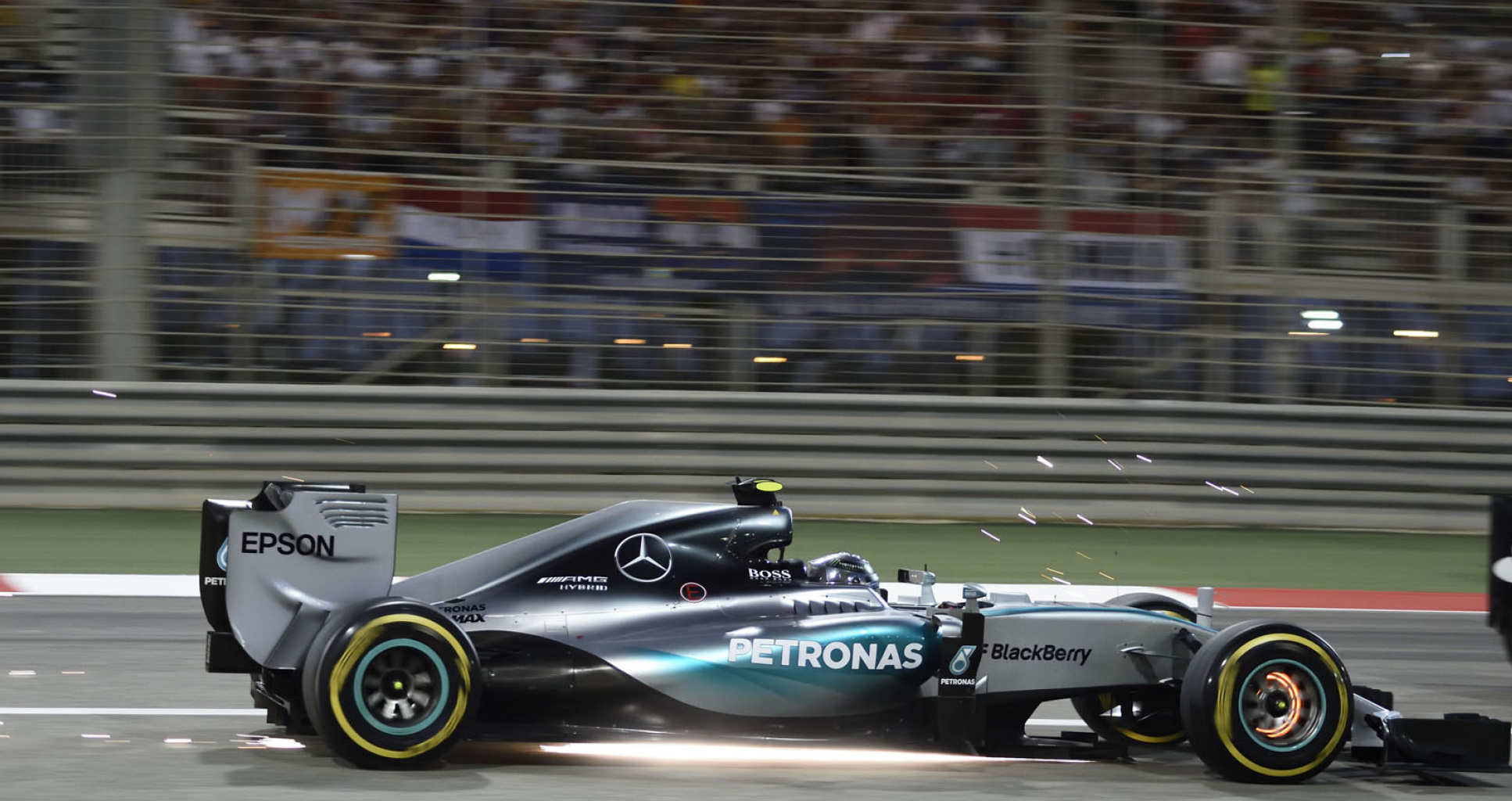Dr Armel De Montgros is part of the Mercedes team behind Lewis Hamilton and Nico Rosberg’s amazing performances on Formula 1 tracks.
What did you learn during your time at Imperial, in class and out?
Imperial College really inspired me to make the most of the theoretical knowledge I acquired to solve real issues. I find that the range of competencies I managed to learn in the five years I spent at the university are still needed today.
Combining this world class education with the network I was able to build through meeting fantastic people from all over the world means that Imperial College gave me all the tools I needed to succeed in my career.
Can you tell us about your studies at Imperial?
After completing an MSc in the Aeronautics department, I joined the Vibration UTC to study acoustics in Jet Engines. The close ties that exist between the VUTC and Rolls-Royce mean the tools I developed during my PhD were directly relevant to state of the art turbomachinery design.
What is your fondest memory of your time here?
There truly are a lot of memories but if I had to pick one, I would say meeting up with my friends and colleagues for lunch or coffee to discuss geeky engineering stuff!
Tell us a bit about the work you’re doing now.
I am currently working for the Mercedes F1 team looking after the brake cooling for Lewis Hamilton and Nico Rosberg’s cars. I am using thermodynamics models to ensure the brake disc will stay cool enough during a whole race. This is pretty challenging as they can get to more than 1000 degrees celsius! This is a fantastic opportunity to apply what I have learnt at Imperial College in a truly competitive and exciting field. I am looking after both the CFD and the experimental side of things and I feel extremely lucky to be able to play with state-of-the-art flow modelling and aerodynamics tools.
 What jobs have you done since graduation?
What jobs have you done since graduation?
Before joining Mercedes, I worked at Rolls-Royce Bristol studying the aero-elastic behaviour of compressors and fans. The work included the F35-B project as well as the Pegasus and some futuristic open rotor concepts. This job also was a great way to apply my abilities in CFD and flow modelling. The field of aeroelastics is fascinating as it tightly combines the complexity of aerodynamics and structure dynamics.
How has what you learnt at Imperial helped you in your career so far?
Flow dynamics can be extremely complicated and you need to be very experienced to be fully confident in the tools used and the results it provides. Understanding this means that I am able to come with novel and innovative concepts. In F1, boundaries are always pushed to add performance. Imperial College has given me all the knowhow and confidence required so I can contribute to the performance of the team as much as I can.
What have been your career highlights?
Since I joined the team, we have won the constructors and driver championships twice in a row. This has clearly been a huge success and I am glad I have been able to help the team to achieve their goal.
What are your plans for the future?
I will keep on developing my skills in aerodynamics, thermodynamics and aeroelasticity to hopefully become an expert in the field. I thoroughly enjoy being part of innovative projects relentlessly pushing the limits of what is possible.
What would be your advice for current students?
The best advice I can give is to be extremely curious in the things you like doing and jump on every opportunity that come your way to help you achieve what you set out to do. Really make the most of what Imperial College has to offer.
What’s the most difficult decision you’ve ever had to make?
Leaving Rolls-Royce to join Mercedes F1 as Rolls-Royce is a fantastic engineering company and I had good career prospects there. But difficult decisions are sometimes necessary and I currently really enjoy my work at Mercedes F1.
What are you most proud of in your life?
Being able to succeed in my professional life while raising my two gorgeous boys.
Do you have a favourite quote or saying?
Qui ne tente rien n’a rien (nothing ventured, nothing gained).